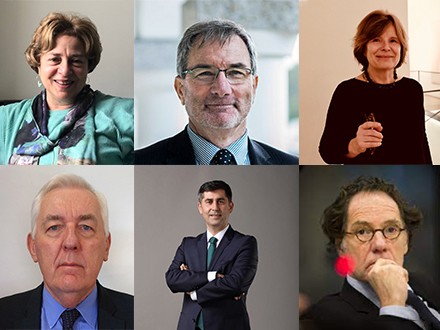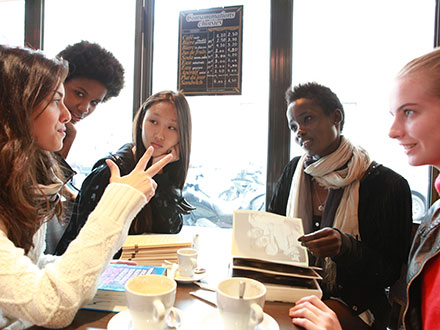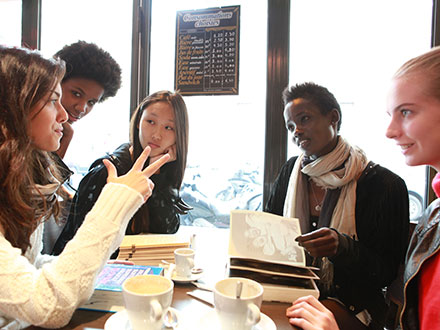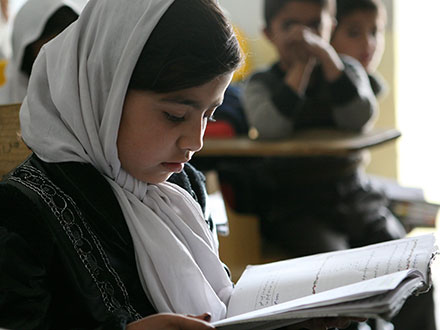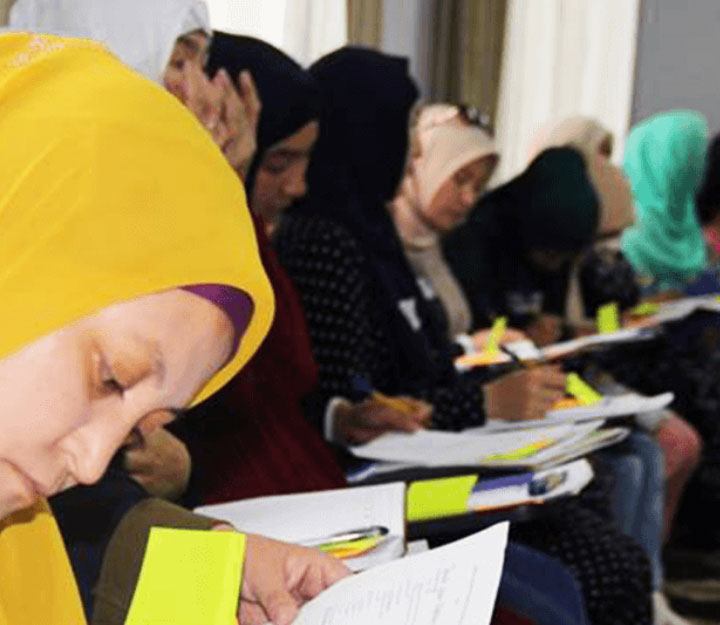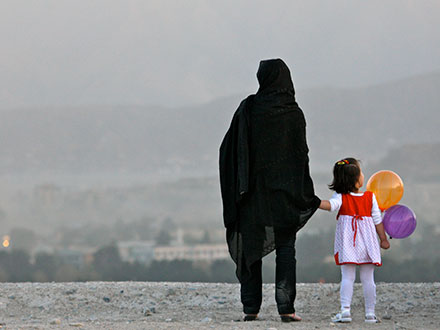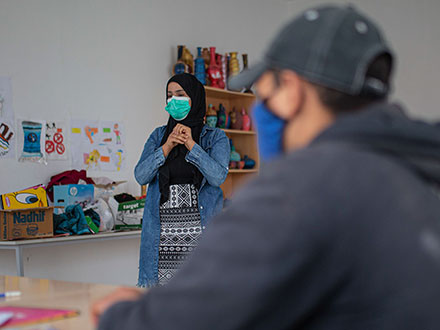Empowering Communities: Strategies for Fostering Resilience
From 13-15 June 2016, Hedayah and the United States Institute of Peace (USIP) co-facilitated a capacity building workshop on “Empowering Communities: Strategies for Fostering Resilience” in Washington D.C., U.S.A. The workshop included government and non-government experts from both Hedayah and USIP and from countries including Kenya, Morocco, Tunisia and Somalia.
The aim of the workshop was to study the effect of violence on communities, the position of communities in relation to government CVE efforts and the use of system mapping tools to identify sources of vulnerability and resilience. Community-led programs were discussed as the appropriate framework to promote a stronger sense of solidarity and social cohesion.
The workshop offered the opportunity to learn and foster specific techniques in resilience through successful case studies of communities that have countered violent actors in their communities. These case studies help identify the capacities and strategies that communities have used, and provide a potential set of indicators to identify and assess community resilience. These include:
- specific relationship networks that cut across or reinforce ties within community groups (social cohesion),
- a community’s experience advocating for its shared goals (collective efficacy) versus a sense of passiveness or victimization,
- the nature of a community’s leadership structures, and,
- community strategies to counter violent extremist groups that are commensurate with the threat.



